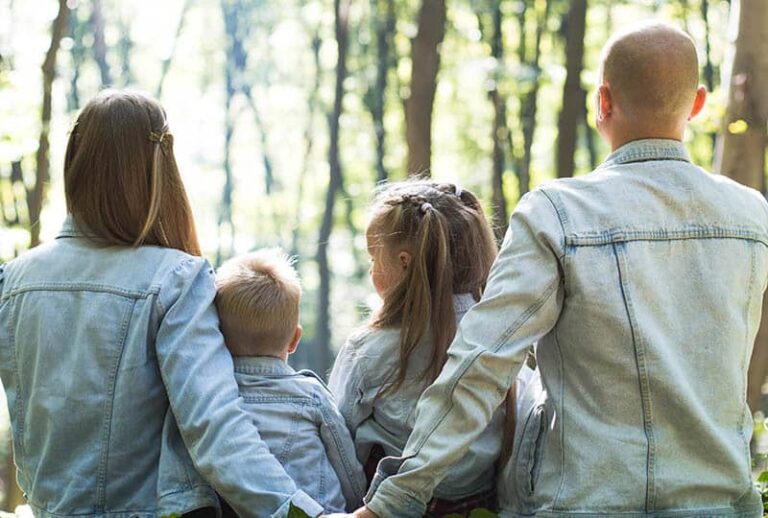8 señales preocupantes de padres gaslighting y cómo afrontarlas
Todo el mundo comete errores y a veces pierde la calma. Los padres no son diferentes.
They’re human just like everybody else. However, padres gaslighting son otra cosa.
The signs of gaslighting parents are not always easy to see because, well, that’s cómo el gaslighting funciona.
Nada parece alarmante a primera vista, pero en realidad las críticas constantes confunden y hieren a los niños.
If you’re not sure what gaslighting means, here’s a little intro for you.
¿Qué son los padres gaslighting?

Let’s start with gaslighting.
Gaslighting is a form of psychological abuse where the abuser makes you feel and labels you as ‘crazy’ because of your reactions, even though your reactions and feelings are completely normal and expected.
This type of abuse is especially hard when it’s present in a child-parent relationship.
Unfortunately, many parents don’t even know they’re doing it because they see nothing wrong with their behavior.
However, it takes a major toll on kids. The reason why this happens so often is that parents tend to forget that children don’t have enough experience to view life and the world around them the same as they do.
No sólo eso, sino que los padres olvidan que se supone que los niños deben explorar el mundo por sí mismos, expresarse con autenticidad sin miedo y no ser moldeados para que se ajusten a sus expectativas.
There’s nothing more crushing for a child than denying their emotions, as a child doesn’t yet know how to control them.
When you gaslight your child, what you’re actually doing is making them upset on purpose, just to manipulate them later on into thinking they have no reason to be upset or emotional.
¿Por qué suele ser difícil detectar el gaslighting en una relación paterno-filial?

A parent-child relationship is considered a relationship where parents have ‘power’ and ‘control’ over the kid and that’s why the disbalance of power goes unnoticed.
While parents must have authority, they shouldn’t abuse their power and try to push their own reality on their kids.
However, that’s what frequently happens.
A kid’s reality may be discredited because it doesn’t match the reality of one of the parents and therefore the child feels confused and questions themselves.
Los padres gaslighting se presentan en muchas formas diferentes y proceden de muchos entornos distintos.
Por ejemplo, los padres pueden ser inmaduros, excesivamente protectores, abrumados, incultos, narcisistas, etc.
Narcissists are probably the most common and popular group of people who use gaslighting in their everyday life and usually aren’t even aware of it.
Una persona con un trastorno narcisista de la personalidad has a grandiose sense of self and a hard time accepting criticism, which is the main reason why they don’t understand their mistakes as a parent once they’re faced with them.
Por desgracia, si el gaslighting por parte de los padres es algo que un niño encuentra a menudo a lo largo del proceso de crecimiento, definitivamente pasa factura a su salud mental.
Un niño sometido a luz de gas puede convertirse en un adulto que lucha contra la inseguridad, la ansiedad, la agresividad y la paranoia, relaciones abusivasetc.
Véase también: Carta de una niña que sobrevivió a la luz de gas
Signos de padres gaslighting
Not acknowledging a child’s feelings

Una de las cosas peores y más dolorosas que le pueden ocurrir a un niño es que se ridiculicen sus sentimientos o no se tomen en serio.
For example, if a child is afraid of something (like the dark, bugs, heights, etc.) and the parent says sentences like, “Stop being a baby!” they invalidate the child’s emotions.
In other words, they’re telling the child that their emotions are not important or normal.
It’s not surprising that children will think of their actions as weak and blame themselves when there’s nothing to blame themselves for.
Instead of belittling a child’s emotions, parents should be there for their child and try to understand what exactly made them uncomfortable.
A parent should respect their child’s emotions, even if they don’t understand them.
Decidir qué le gusta y qué no le gusta a un niño

Many parents make this mistake and it’s one of the biggest and easily brushed off red flags.
Antes de que su hijo tenga tiempo siquiera de decidir si algo le gusta o no, lo hacen por él.
A veces, incluso cuando los niños deciden por sí mismos, el padre ignora su decisión y procede a hacer lo que pretendía hacer de todos modos.
This is like saying, “You’re incapable of making decisions for yourself,” or, “Someone else knows what’s better for you.”
Of course, it’s no surprise when this child grows up into an adult who has problems with decision-making.
La toma de decisiones es una de las cosas más importantes que los niños deben aprender para ser adultos sanos y funcionales.
¿Cómo educar a los hijos para que tomen buenas decisiones en lugar de quitarles la responsabilidad de tomarlas?
Of course, a child can’t have full responsibility for every decision in their young life.
Sin embargo, sus padres deben presentarles opciones y elecciones antes de exponer sus propios pensamientos y deseos a la hora de decidir.
The other thing is, parents should know that children sometimes make bad decisions and that’s normal. It’s a process of maturity.
Dismissing a child’s experiences
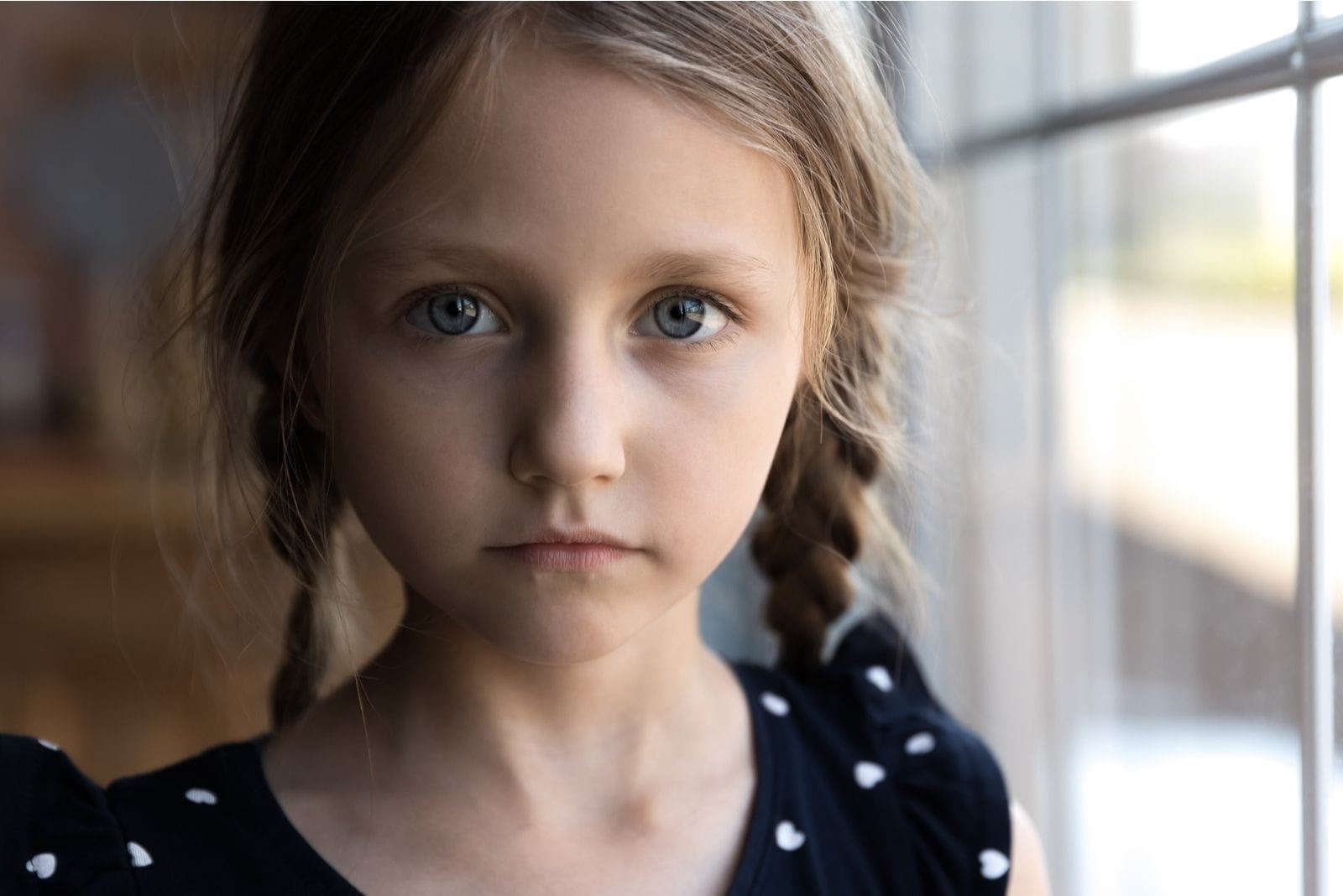
Unfortunately, there are so many instances where family members dismiss a child’s experiences just because they weren’t there to witness that something happened or they simply believe that the child is imagining things.
This is very hurtful and crushing for a child. Just imagine going to a person you have complete trust in, just to find out they don’t believe you or don’t think your experience is important.
Esta es la razón por la que un niño puede perder su confianza en un padre en primer lugar.
Sí, los niños son imaginativos, pero lo que sienten y experimentan debe tomarse en serio.
Dismissing a child’s experiences can lead to a child not trusting their own perception later in life.
En otras palabras, convierte al niño en víctima del gaslighting y le hace cuestionarse su propia cordura.
Making fun of a child’s ideas

En algún momento del proceso de la edad adulta, los adultos olvidan lo que significa ser un niño.
They forget it’s a completely different state of being, full of new experiences, without having to worry about mundane life stuff.
Los niños tienen una imaginación desbordante porque están empezando a explorar el mundo.
Their ideas are sometimes brilliant and sometimes silly and fun. That’s normal.
What’s not normal is abusive parents who make fun of their children for their ideas, opinions and observations…
As an adult, even if your child says something that doesn’t make sense, or is impossible or completely wrong, instead of making fun of them or scolding them, you should educate them.
Trivializing a child’s feelings is a cause of falta de confianza en sí mismo y la inseguridad en sí mismos.
Culpar a un niño

La verdad es que los niños aprenden su comportamiento de sus padres.
Whenever a child does something that a parent considers ‘bad’, they should ask themselves if they unconsciously do something on a regular basis that would make a child do such a thing.
There’s no point in blaming the child, who’s just exploring life and trying to figure out their place in the world.
They’re not here to do everything perfectly, they’re not here to fit someone else’s standards or be shamed for who they are.
There are so many other ways to show a child or a young person the consequences of their actions without directly blaming them, especially if they aren’t aware that the aftermath of it is something out of their control.
La comprensión y el apoyo son cosas que siempre deben ir por delante de culpar.
Esperar que un niño reaccione como un adulto

Children are not adults and they shouldn’t behave like adults. Expecting a child to react like an adult is just unrealistic.
Holding children to adult standards doesn’t make sense. Not only that but parents often even raise the standards for their children.
Esperar que un niño haga algo como un adulto con experiencia de la vida adulta es una forma de manipulación.
Sin embargo, este comportamiento manipulador lamentablemente se considera normal.
Un padre manipulador esperará, por ejemplo, que un niño de tres años exprese con precisión sus sentimientos como lo harían los adultos.
That’s simply not possible since small children are new to feelings and don’t always know why they feel something when they do. Even many adults don’t!
Este tipo de comportamiento de luz de gas ejerce mucha presión sobre un niño y es probable que cree un futuro adulto que tenga problemas con una actitud excesivamente controladora, perfeccionismo, etc.
Mocking a child’s behavior
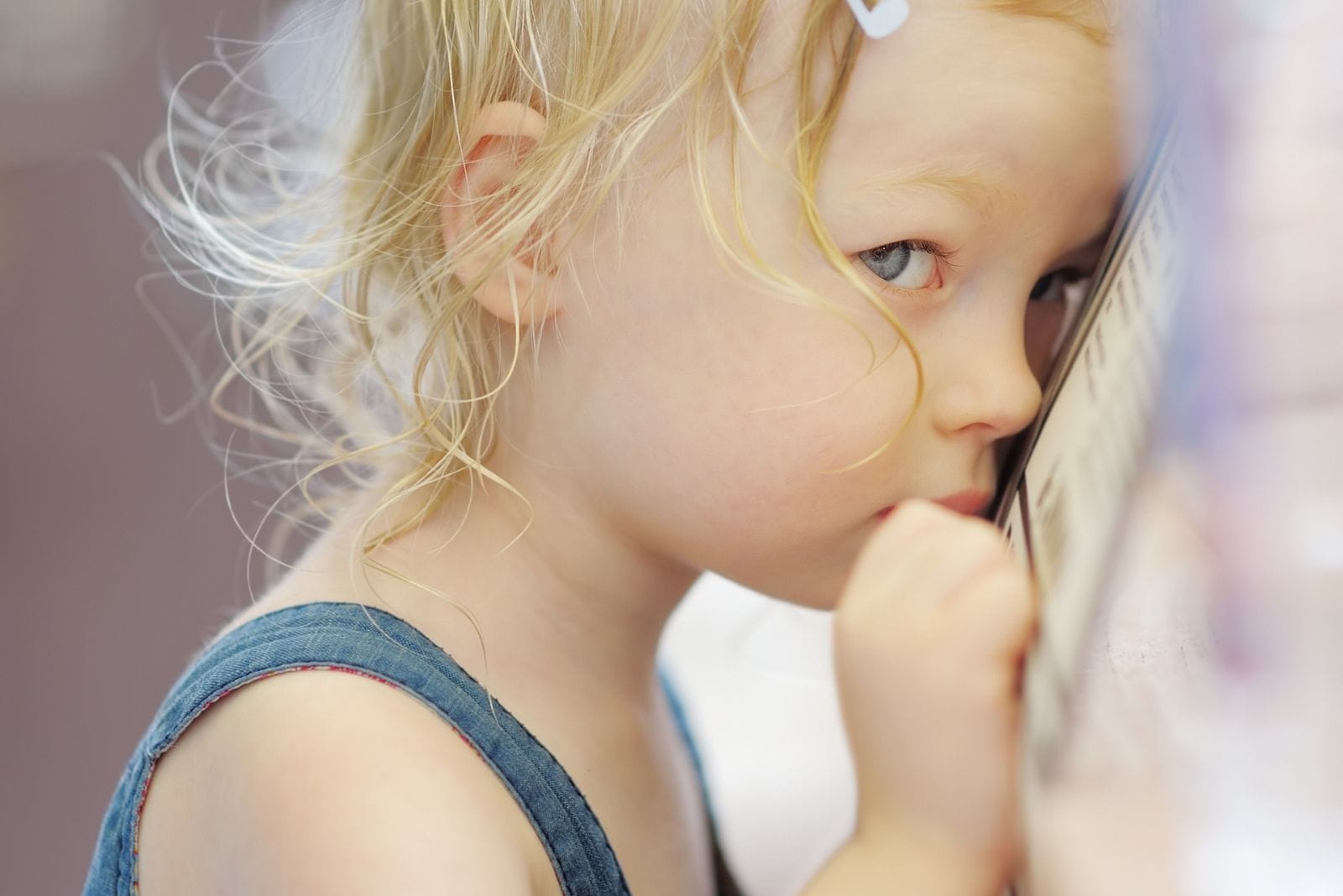
La burla también es una forma de abuso emocional.
It signals to a child that their natural behavior or reaction is shameful, unintelligent or unaccepted, which strongly affects a child’s self-esteem.
Más adelante, esto se refleja en su comportamiento y en sus relaciones con otras personas, incluidas las relaciones románticas.
Un niño acepta los menosprecios, las burlas, el abandono y, en general, los comportamientos inaceptables como algo normal y esperado.
Por desgracia, este comportamiento se acepta en gran medida como habitual, divertido e inofensivo, cuando en realidad le dice a una persona que debería avergonzarse de su yo natural.
Avergonzarnos de nosotros mismos suele ser el principio de la infelicidad. Ninguna persona puede ser feliz sin la capacidad de expresarse libre y auténticamente.
No pedir disculpas a un niño

Una de las cosas más desgarradoras que puede hacer un padre es no disculparse con un hijo después de haber hecho algo mal, algo que ocurre mucho en familias tóxicas.
It’s a normal and healthy thing to apologize after you’ve hurt someone, even if you did it unintentionally.
A gaslighter parent will do something they know is wrong and won’t apologize because of their pride.
Esta es una señal de advertencia que muestra a un padre potencialmente narcisista.
The first time this happens, children will automatically put the blame on themselves and accept their parent’s actions as normal.
O copian su comportamiento o empiezan a pedir disculpas a todo el mundo. Ninguna de las dos opciones es un mecanismo de afrontamiento saludable.
Conclusión
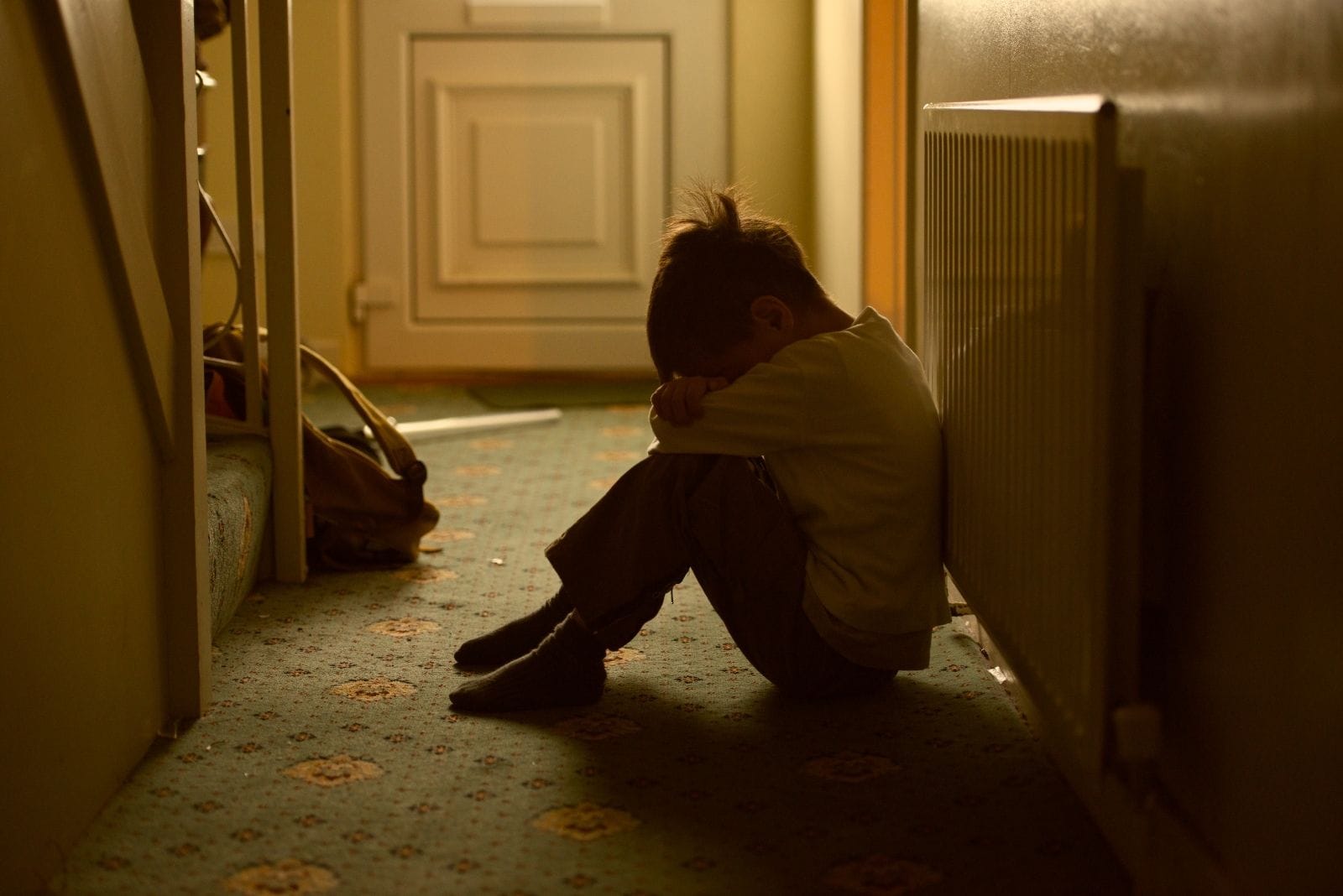
Esperamos que las señales anteriores le hayan ayudado a detectar el gaslighting en su propia vida, ya sea como padre o como hijo.
We all carry some learned behavior from our parents, so there’s no point in putting the blame entirely on one person.
The gaslight effect comes in many different ways and as I said, many people who do it don’t even realize what they’re doing.
En otras palabras, todos hemos sido heridos de alguna manera y nuestro mecanismo de afrontamiento nos convirtió en las personas que somos.
Sin embargo, como adultos, debemos aceptar la responsabilidad de nuestro propio comportamiento y no dejar nunca de mejorar.
It’s possible to change our behavioral patterns and our life by using perspective or with the help of professionals such as clinical psychologists.
Después de reconocer lo que hacemos mal, tenemos que cambiarlo. También tenemos que pedir disculpas a las personas a las que herimos con nuestra falta de autoconciencia.
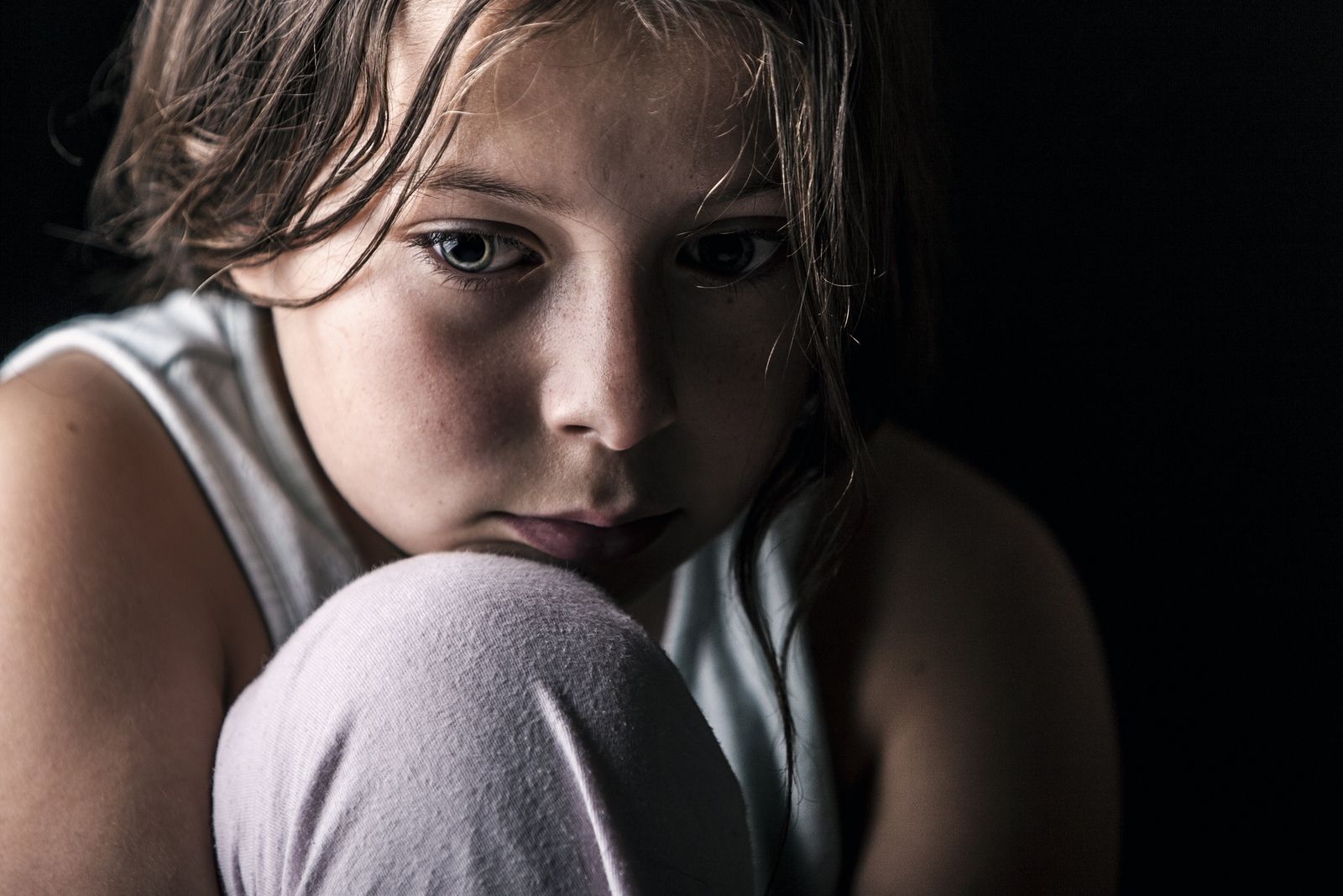
If you’re the child of a gaslight parent, first and foremost, it’s important to heal yourself, understand where you’re coming from and understand how your circumstances affect your life decisions.
Hablar de ello con tus padres es opcional. Muchos padres narcisistas nunca asumen la responsabilidad de sus propios actos, mientras que otros se dan cuenta de sus errores más tarde en la vida.
You can always try to start a healthy conversation and inspire a reuniting and bonding experience but it all depends on the other person and if they’re ready for it.
The most important thing is making things clear to yourself and implementing healthy habits into your own life, without caring about what another person will think, even if they’re your parent.
Recuerda que siempre puedes recuperar tu poder, aunque parezca imposible.
El miedo y las emociones negativas empiezan en tu cabeza y se pueden cambiar. El primer paso, y el más difícil, es creer que puedes hacerlo.







